Fuda Nguyen is the 2023 recipient of the Curson Travel Award.
The Curson Education Plus Fund in Planetary Sciences and LPL was established by Shirley Curson, a generous donor and friend of LPL, for the purpose of supporting travel expenses outside the state of Arizona during summer break. The award is open to students in the Department of Planetary Sciences and Lunar and Planetary Laboratory who propose to fund study, museum visits, special exhibits, seminars, instruction, competitions, research and other endeavors that are beyond those provided by the normal campus environment and are not part of the student’s regular curriculum during the recipient’s school year.
To donate to the Curson Travel fund, visit the University of Arizona Foundation.
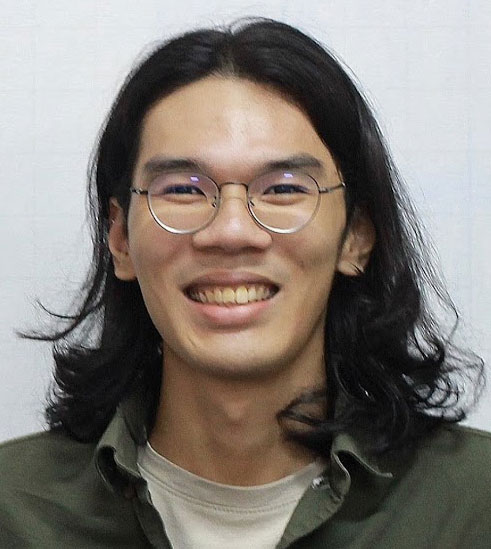
Fuda just completed his first year as an LPL graduate student, working with advisor Daniel Apai. He will use Curson funds to attend the 2023 Sagan Exoplanet Summer Workshop, Characterizing Exoplanet Atmospheres: The Next Twenty Years, which will be held at CalTech, July 24-28, 2023. He will also attend a half-day (July 29) workshop on EXCALIBUR, a new tool for comparative planetology.
Fuda's research focuses on the monitoring of directly imaged exoplanets and substellar objects such as L and T brown dwarfs in order to understand their atmospheric physics and their formation. He writes that the Sagan Workshop "is an excellent opportunity to learn more about theoretical understanding of exoplanet and solar system planet atmospheres, the current and future observations of exoplanet atmospheres through direct imaging and transmission spectroscopy, the 1D and 3D toolkits used to model these atmospheres, as well as exciting progress in the field and community of researchers." We will report on Fuda's summer travel and research in the fall.


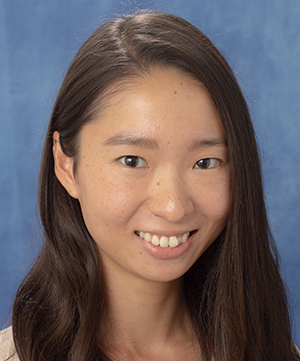 Kana Ishimaru
Kana Ishimaru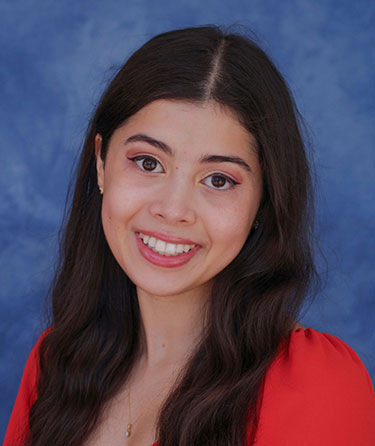
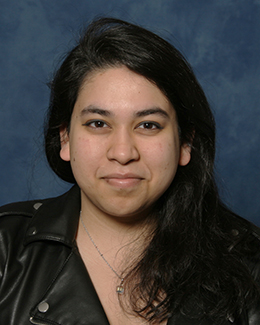

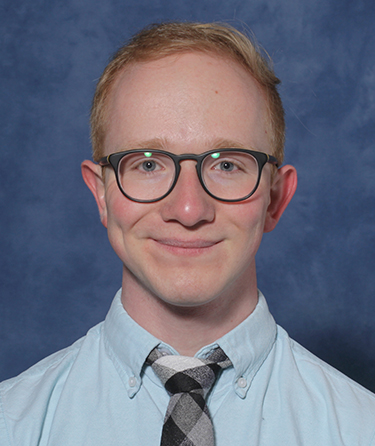 Galen Bergsten
Galen Bergsten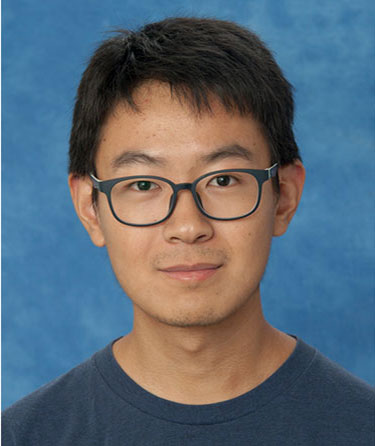
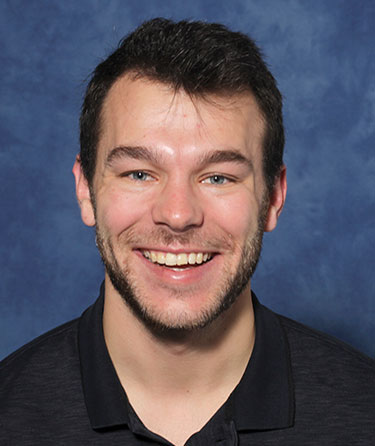
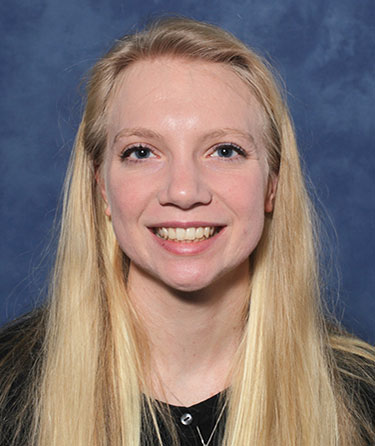
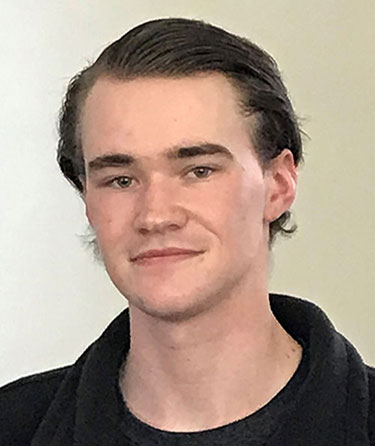
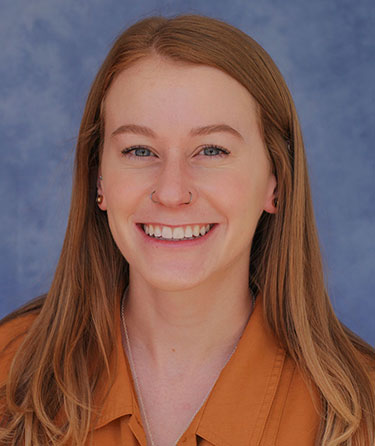
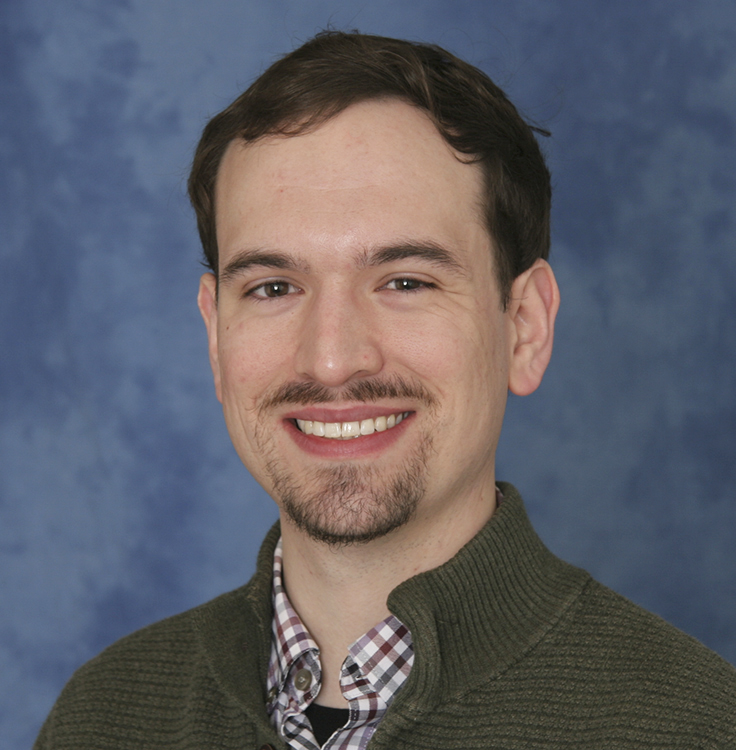 Adam Battle is the recipient of the 2023 LPL
Adam Battle is the recipient of the 2023 LPL 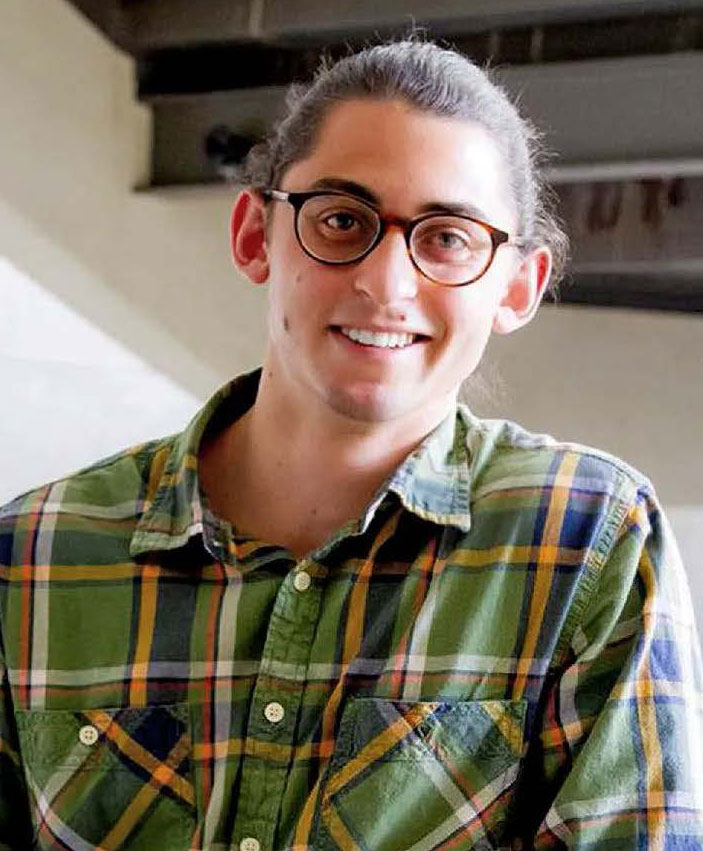
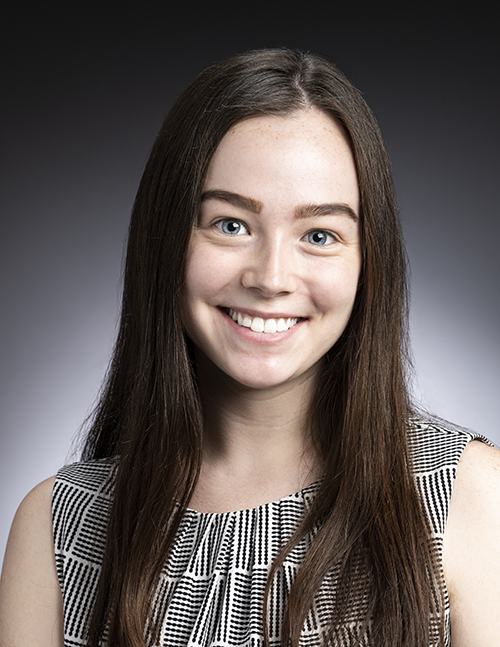
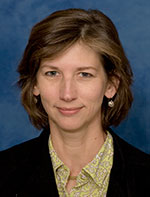
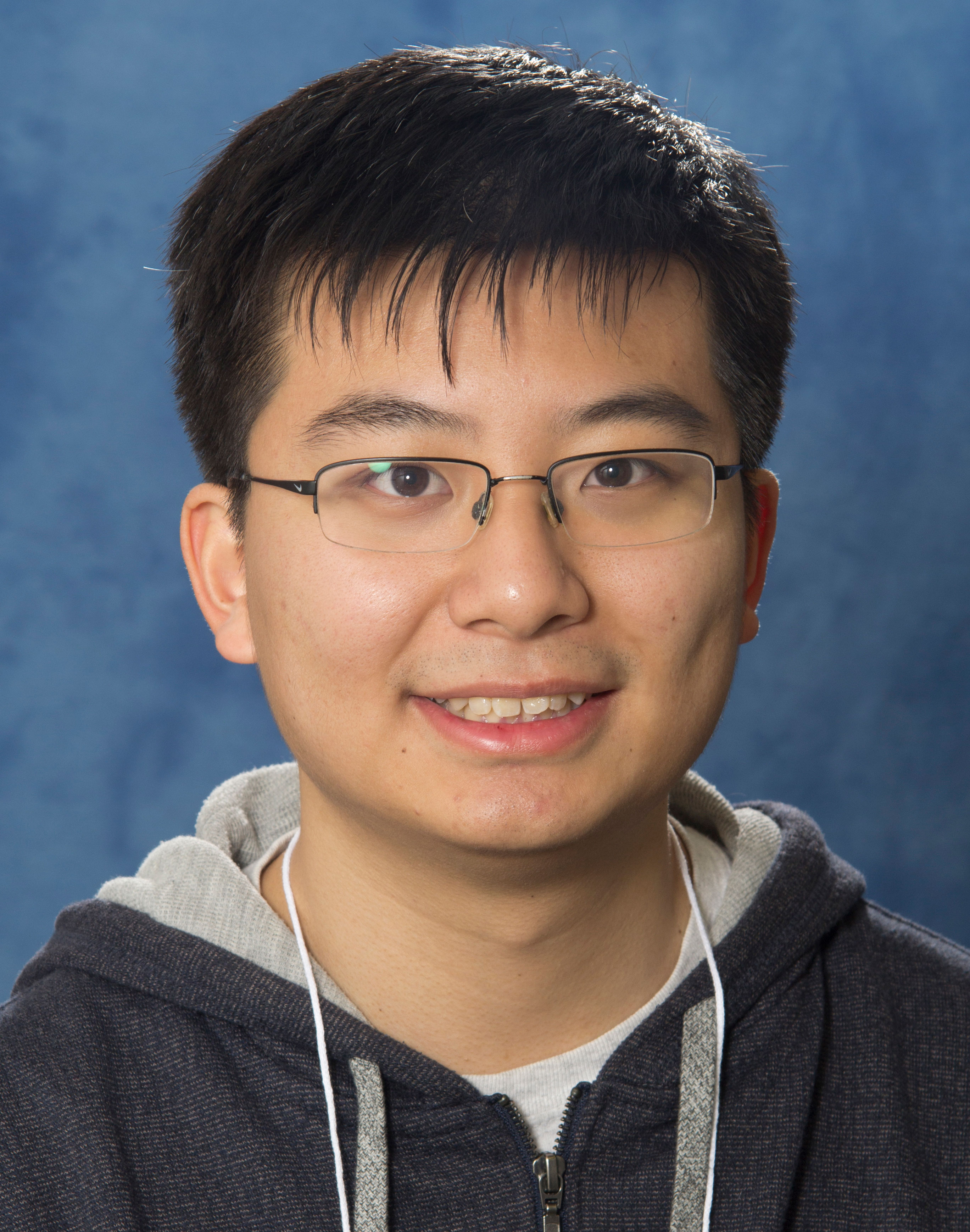
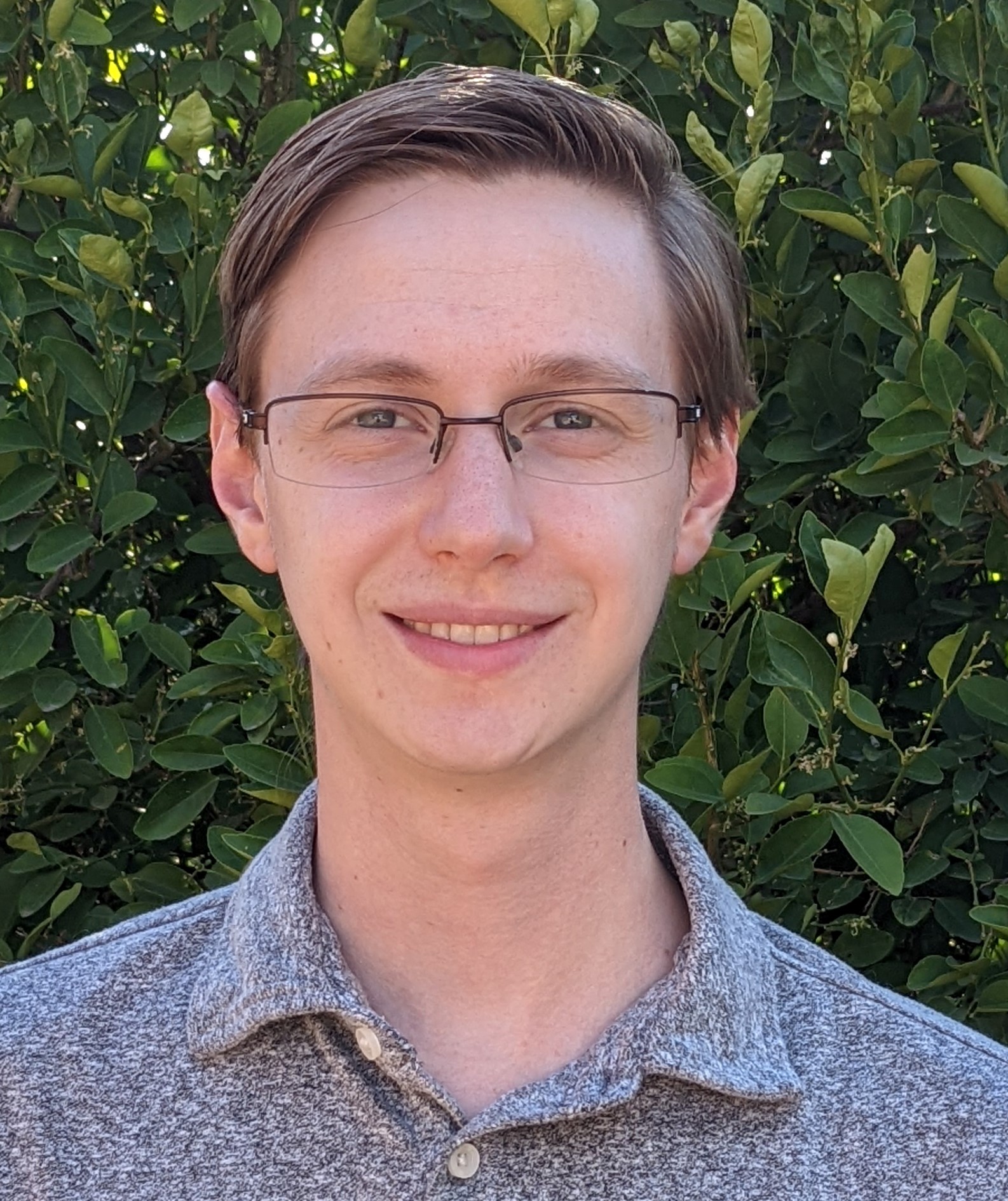
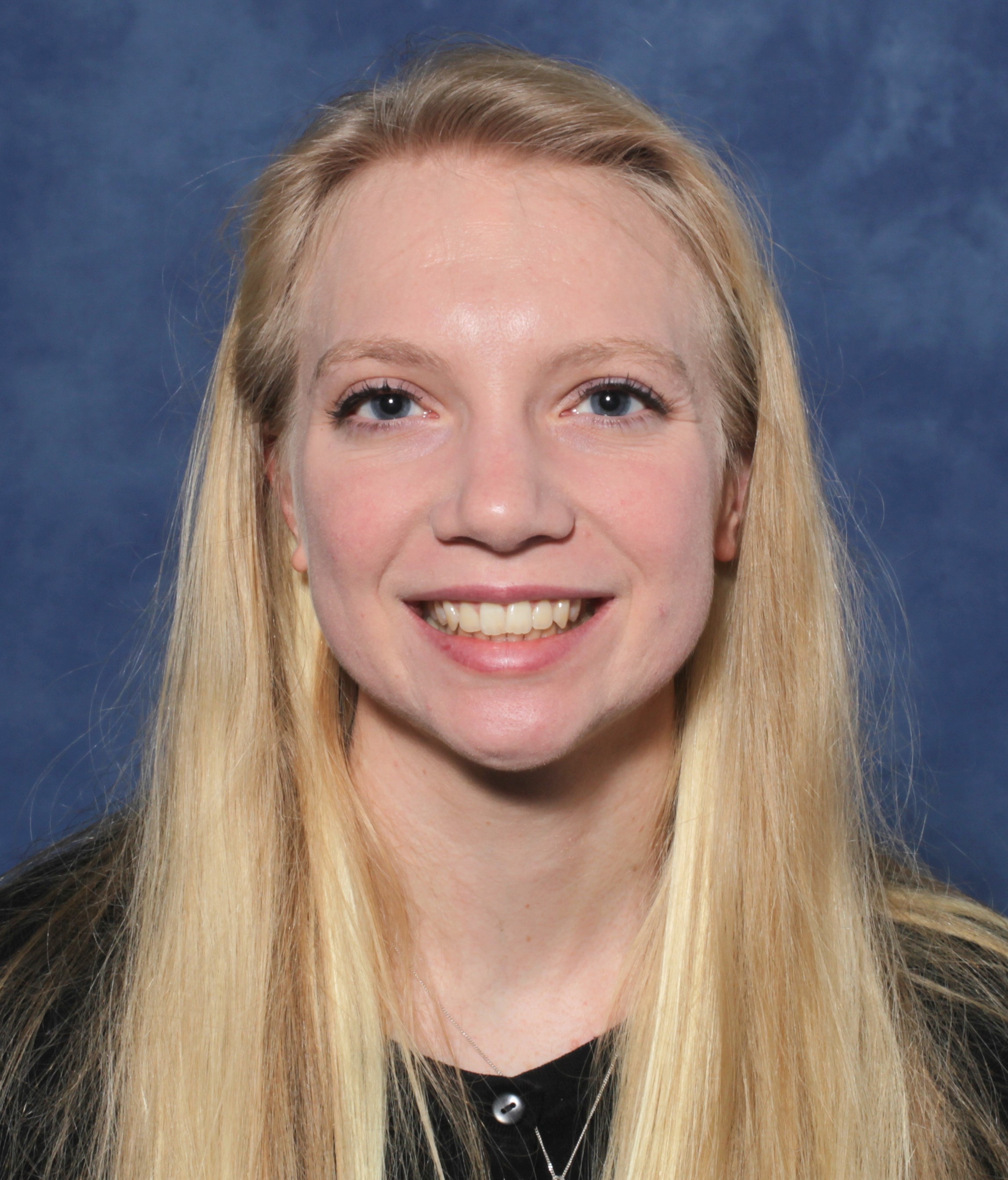
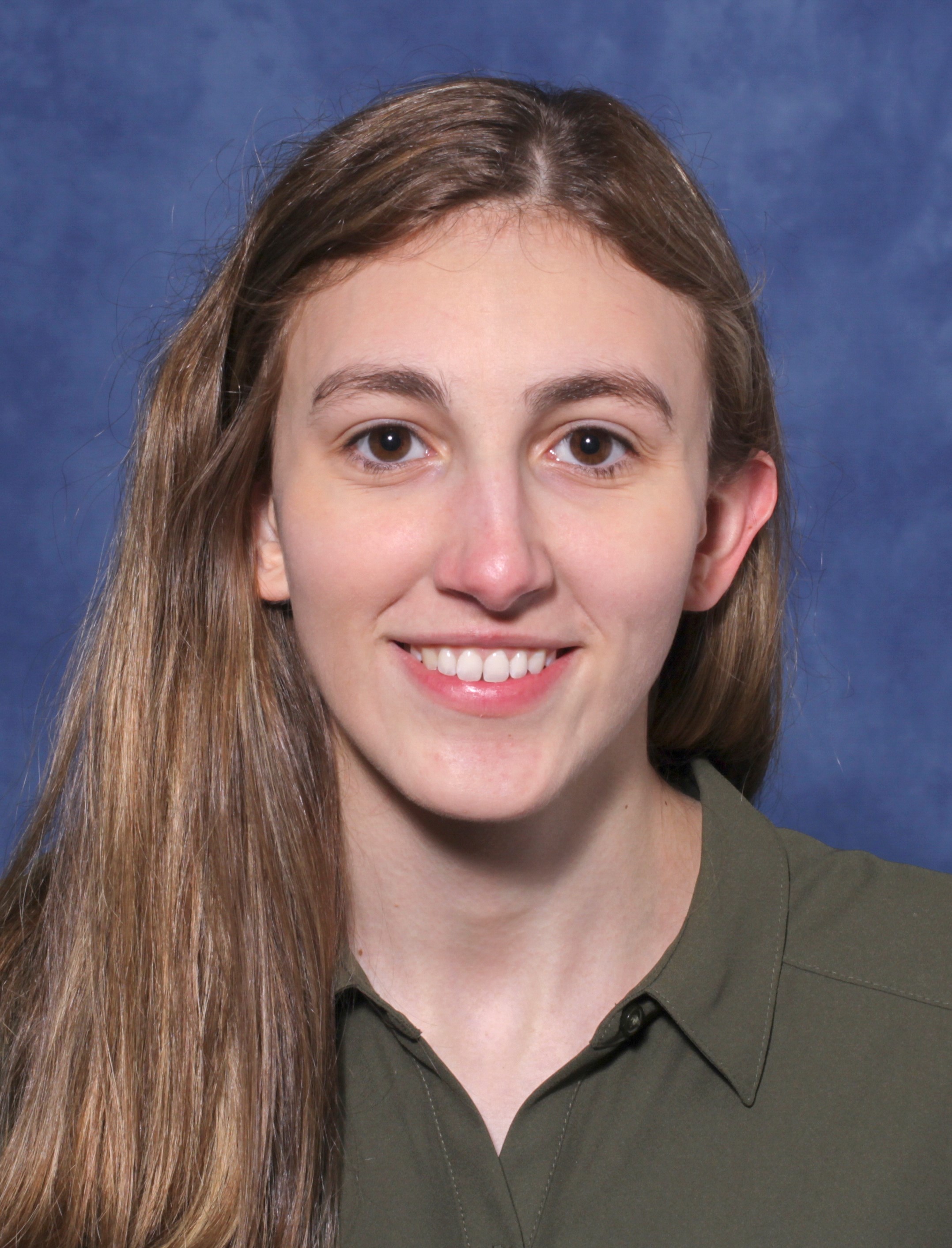
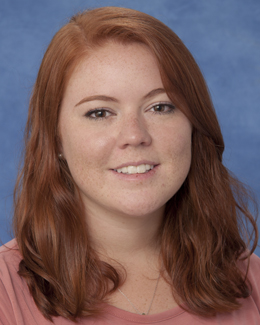 Emileigh Shoemaker is a 2022 recipient of an
Emileigh Shoemaker is a 2022 recipient of an